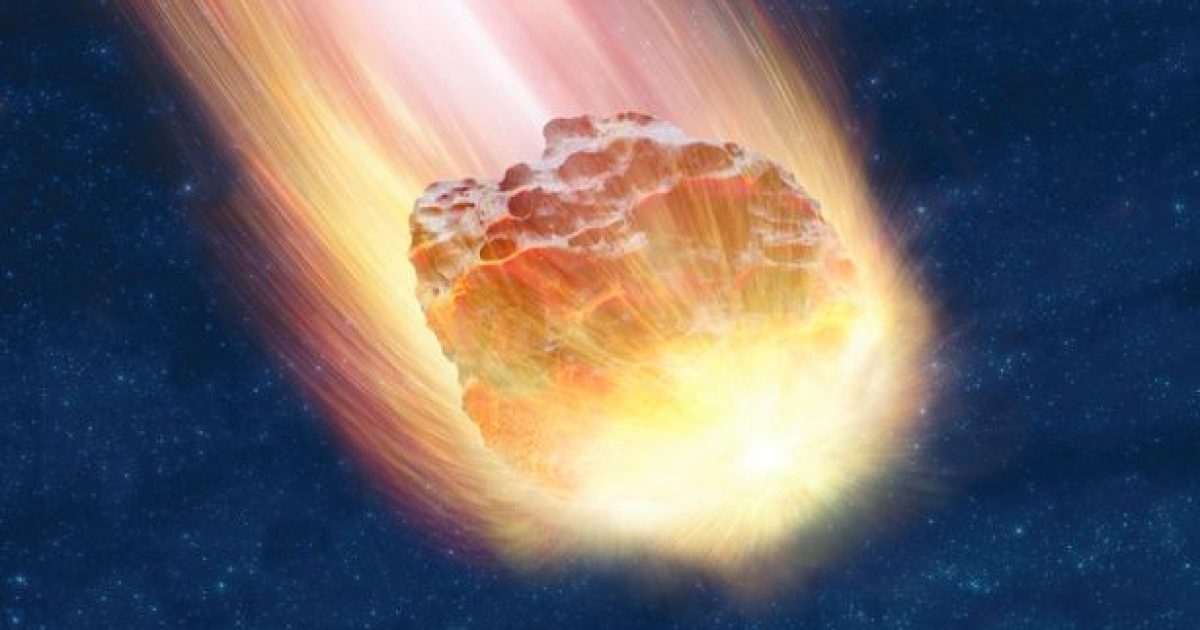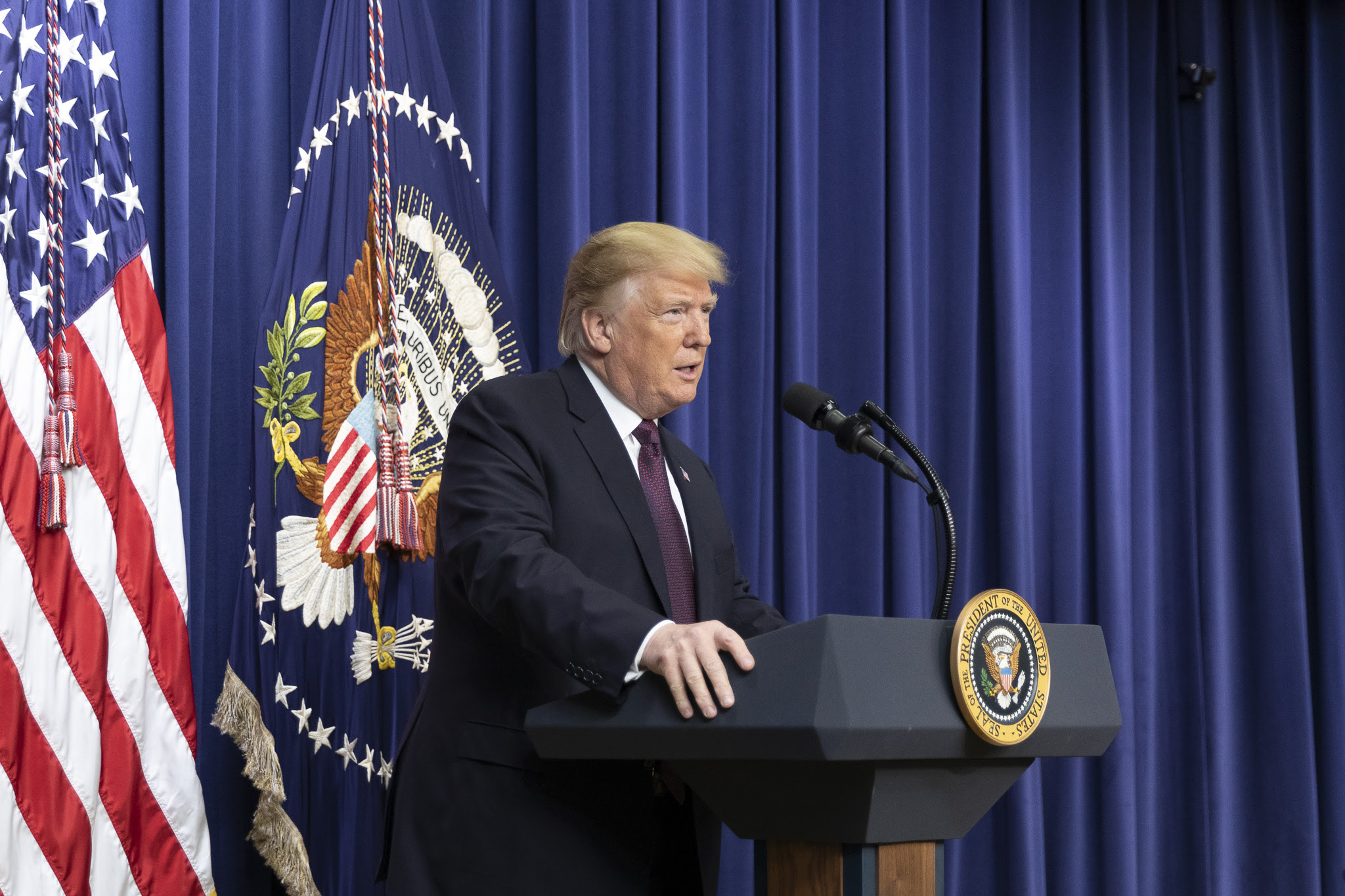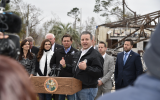By JAVIER MANJARRES
 The sky is falling! The sky is falling! No, the sky is not really falling, but meteors from outer space are. Due to the latest near miss, and the actual meteor strike that took place in Russia, a lot of scrutiny has been put on NASA as to what its capabilities are of detecting falling space objects that could pose of threat to the world.
The sky is falling! The sky is falling! No, the sky is not really falling, but meteors from outer space are. Due to the latest near miss, and the actual meteor strike that took place in Russia, a lot of scrutiny has been put on NASA as to what its capabilities are of detecting falling space objects that could pose of threat to the world.
In 2005, Congress directed NASA to detect, track and characterize 90 percent of these space rocks —those near-Earth asteroids larger than 87 miles. Bolden said today that NASA was unlikely to meet that deadline given its current budget.
“Our estimate right now is at the present budget levels it will be 2030 before we’re able to reach the 90 percent level as prescribed by Congress,” Bolden said.
take our poll - story continues belowDo you think the 2nd Amendment will be destroyed by the Biden Administration?(2)
Completing this poll grants you access to Shark Tank updates free of charge. You may opt out at anytime. You also agree to this site's Privacy Policy and Terms of Use.Bolden criticized the lawmakers for slowing NASA down through budget cuts. “You all told us to do something, and between the administration and the Congress, the bottom line is the funding did not come,” Bolden said.-Fox News
Florida Congressman Bill Posey(R-FL), whose district is home to the Kennedy Space Center in Cape Canaveral, Florida, has been at the forefront of trying to bring back the Space program that has seen better days since before President Obama took office in 2008.
Remember, Obama sees NASA as a Muslim Outreach tool. (RCP)
“The answer to you is, ‘if it’s coming in three weeks, pray,'” space agency chief Charles Bolden said, in response to Rep. Bill Posey (R-Fla.), who asked what NASA would do if a large asteroid headed on a collision course with Earth was discovered today with only three weeks before impact.“The reason I can’t do anything in the next three weeks is because for decades we have put it off.”
‘If it’s coming in three weeks, pray. I can’t do anything in the next three weeks because for decades we’ve put it off.’
– NASA chief Charles Bolden, when asked what to do if a large asteroid headed on a collision course with Earth were discovered today –Fox News
While experts say that the odds that a meteor or other space object will strike the earth are miniscule, the risk is too great not to take action, considering the kind of devestation and loss of life that a meteor or asteroid strike in a densely populated area of the earth would cause.
Could this mean that the NASA Space program will make a comeback?
















